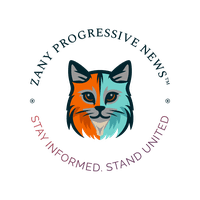At least seven schools have reached an agreement with students around investment transparency and exploring divestment from Israel.
One of the largest schools in the California State University system will pursue an investment strategy divested from “corporations & funds that profit from genocide, ethnic cleansing, and activities that violate fundamental human rights.” The announcement from Sacramento State late Tuesday night came nine days into a protest encampment on the school’s campus, as students called on their university to cut financial ties with Israel.
“I think it’s so significant what we did here because we’re essentially raising the bar for all universities,” sophomore Michael Lee-Chang told The Intercept. “We’ve had every single one of our demands met, and that’s how it should be. We’re here for Palestine, and student power shouldn’t be underestimated. I can’t state just how excited I am and can’t wait to see how our win helps other campuses reach their victories too.”
Sacramento State is one of at least seven universities nationwide to agree to at least some of student protesters’ demands regarding complicity with Israel’s violence in Palestine. University endowments, which can run up to the billions of dollars, are often operated with little transparency into direct or indirect investments. The students’ demands vary in specificity from school to school, but broadly speaking, they are asking their institutions for full transparency into those investments and to divest from weapons manufacturers or other companies that profit from Israel’s occupation of Palestine, as well as from Israeli institutions themselves.
By and large, the schools that came to an agreement with student protesters avoided the spectacle of violence that has become commonplace over the last three weeks, as university administrators crack down on speech and invite police to brutalize their own students and faculty.








